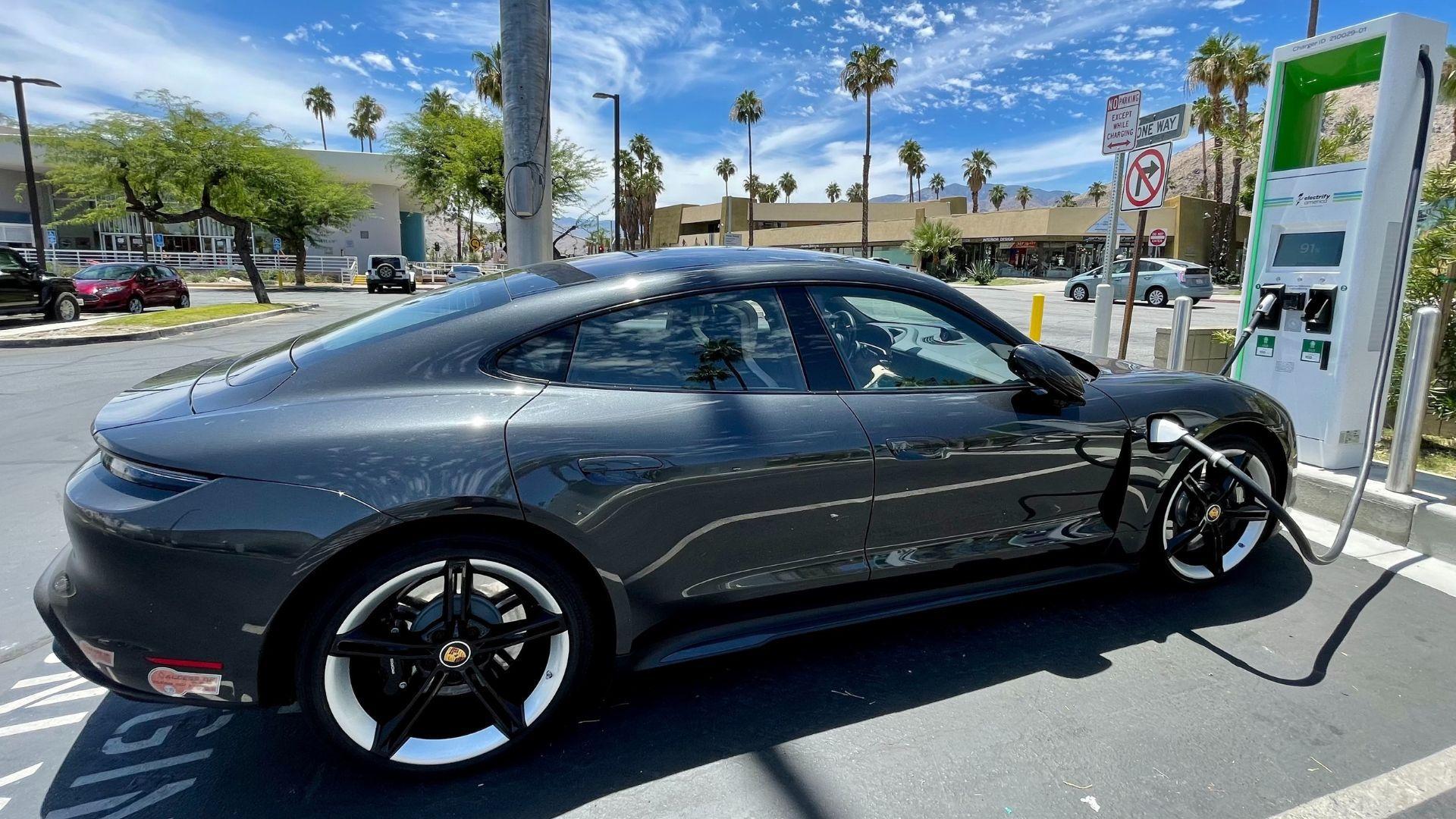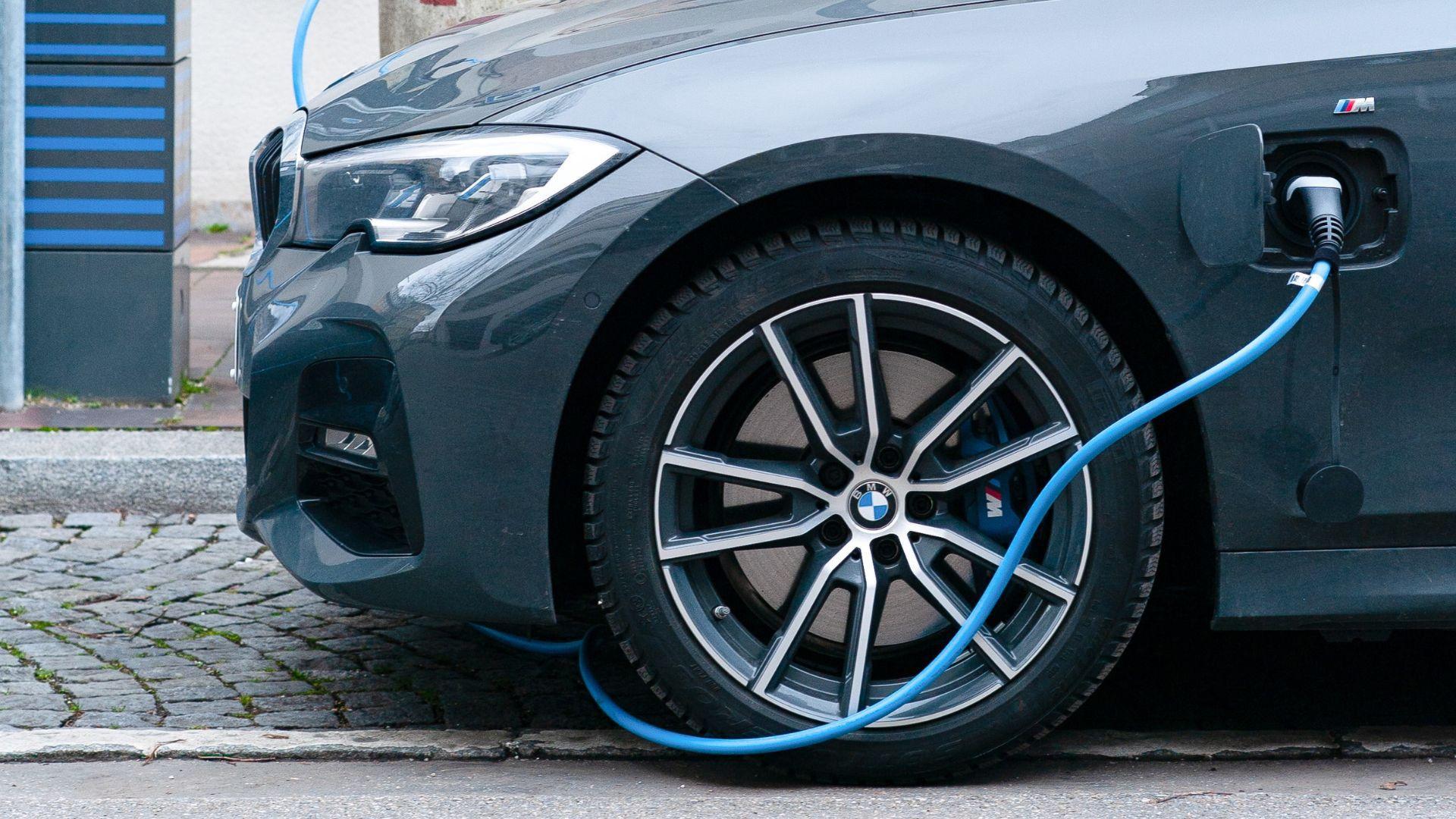Electric cars are celebrated for their potential to reduce carbon emissions, but their lithium-ion batteries come with a significant environmental price. The process of manufacturing these batteries is extremely water-intensive.
For instance, producing one ton of lithium, which is enough for about 100 car batteries, requires an astonishing 2 million tons of water. This immense water usage raises concerns, particularly in areas like Nevada where water is a scarce resource, creating a tension between the pursuit of green transportation and the realities of environmental sustainability.
Geopolitical Influences on Electric Vehicle Materials

The electric vehicle (EV) industry is not isolated from global political and economic influences. For example, the Ukraine-Russia conflict has led to a rise in lithium prices, impacting the affordability and sustainability of EVs.
The industry relies on raw materials like nickel, cobalt, and lithium, whose availability is subject to geopolitical dynamics. This situation demonstrates the complex relationship between the pursuit of electric mobility and the finite nature of these critical materials.
The Carbon Footprint of Electric Vehicles’ Power Sources

The environmental impact of electric vehicles (EVs) is closely linked to the source of their electricity. A 2021 study revealed that in countries like India, where a significant portion of electricity is generated from thermal sources, including coal, the use of EVs paradoxically contributes to carbon emissions.
The entire life cycle of coal, from mining to transportation, has substantial environmental impacts, raising questions about the true environmental benefits of EVs.
The Need for Renewable Energy in Electric Mobility

The vision of emission-free transportation with electric vehicles is heavily dependent on the adoption of renewable energy sources.
As of 2020, only a fraction of India’s power capacity comes from renewables. This highlights the urgent need to transition from traditional power sources to renewables, not just for transportation, but for overall energy consumption to achieve genuine environmental sustainability.
Social and Environmental Impact of Battery Material Mining

The production of electric vehicles involves the extraction of materials like lithium, cobalt, and nickel, which has significant social and environmental implications.
The mining process often leads to protests and concerns about ethical practices, as seen in regions like Tibet, and environmental degradation in countries like Cuba and the Philippines.
The Importance of Sustainable Mining for Electric Vehicles

With the growing demand for electric vehicles, the need for sustainable and responsible mining practices becomes increasingly important.
The production of EVs requires materials whose extraction must be managed in an environmentally and socially responsible manner. This includes the adoption of low-carbon technologies, transparent sourcing, and ethical mining practices, emphasizing a comprehensive approach to sustainability in the EV industry.
Challenges in Recycling Electric Vehicle Batteries

Recycling electric vehicle batteries presents significant challenges too, despite being a potential solution to sustainability concerns. The current technology for battery recycling is not highly efficient, which limits the effectiveness of recycling efforts.
Major manufacturers are investing in recycling facilities, but the global rate of battery recycling remains low. Addressing these challenges requires advancements in technology and a more integrated approach to managing the life cycle of EV batteries.
Air Pollution and Battery Production for Electric Vehicles

The production of batteries for electric vehicles might contribute to air pollution, particularly in countries reliant on coal for energy.
The manufacturing process of these batteries, depending on location and energy sources used, can result in higher emissions compared to some traditional gas and diesel engines. This raises questions about the overall environmental impact of transitioning to electric mobility.
Decarbonizing the Electric Vehicle Supply Chain

Reducing the carbon footprint of the electric vehicle supply chain is crucial for achieving true sustainability. Strategies include transitioning to low-carbon hydrogen, utilizing biofuels in lithium processing, and increasing renewable energy use in manufacturing.
These efforts are aimed at reducing the overall environmental impact of electric vehicle production and moving the industry toward more responsible practices.
The Environmental Concern of Tire Pollution in Electric Vehicles

Electric vehicles may contribute to environmental pollution through tire wear. Heavier electric vehicles can lead to increased tire pollution, a problem not addressed by current vehicle designs.
A study by Emissions Analytics estimated that tire pollution from a single car could amount to significant annual emissions. With the rising number of electric vehicles, this issue has become increasingly relevant for environmental sustainability.
Long-Term Environmental Considerations for Electric Vehicle Adoption

While electric vehicles offer the potential for reduced emissions during operation, it is important to consider the broader environmental implications of their adoption.
This includes aspects such as responsible sourcing of raw materials, sustainable mining practices, and transparent data sharing. Addressing these considerations is crucial for ensuring that the environmental benefits of electric vehicles are realized over the long term.
Evaluation of Electric Vehicles’ Environmental Impact

Electric vehicles represent a shift toward more sustainable transportation, but their environmental impact is multifaceted. Factors such as water use in battery production, the effects of mining for battery materials, and tire pollution are important considerations.
A comprehensive evaluation of these aspects is essential to understand the full environmental implications of electric vehicles and to guide the transition toward a more sustainable future.
